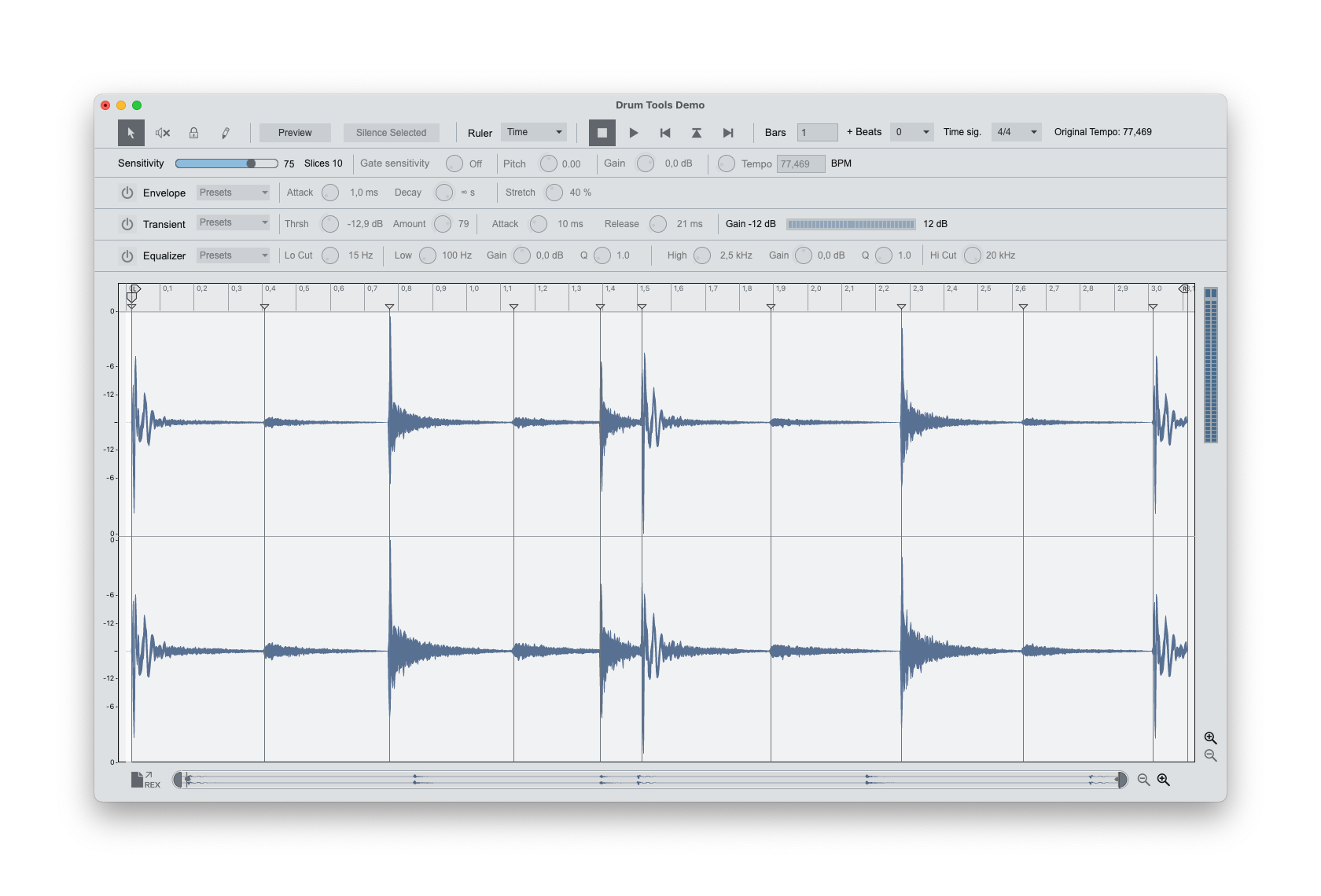Trump’s Tariffs Could Have Far-Reaching Effects on the U.S. Music Business
U.S. consumers and the music industry are facing higher vinyl prices, less tourism, foreign artists avoiding the U.S. and possible retaliation by other countries.

The Trump administration’s tariff policy aims to return manufacturing to the United States is already having ripple effects throughout for the U.S. music industry and could have further consequences in the future.
Trump announced on Wednesday (April 2) a minimum 10% tariff on all trade partners, a 25% tariff on all foreign-made automobiles and additional tariffs on countries with which the U.S. has a trade deficit. No country is safe — not even Australia’s uninhabited territories near Antarctica, which got slapped with a 10% tariff despite having more penguins than people.
The tariffs are meant to protect America’s manufacturing industry and encourage businesses and consumers to purchase U.S.-made goods. But because many goods produced in the U.S. consist of raw goods and finished components imported from elsewhere, even products made at home are subject to higher costs that may be passed on to consumers. Musical instruments are likely to suffer from the tariffs, and they’re not alone.
“Domestic vinyl pressing costs are likely to rise,” says an executive in the vinyl manufacturing business. Much of the PVC used to manufacture records comes from overseas and will be subject to tariffs, this person says. Canada supplies much of the board stock and paper for record packaging. Lacquers used to create temporary masters for vinyl pressing come from Japan.
The cost of physical music product from Europe will also become more expensive, says David Macias, co-founder of Thirty Tigers. Macias is trying to help Thirty Tigers’ labels source manufacturing in the U.S. to avoid the additional costs, but he notes that because domestic manufacturing costs will likely increase, independent record stores may still face “a chilling effect” from higher wholesale prices and financially stressed consumers. “We’re heading straight into $35 single vinyl albums,” says Macias. “In an economy where everything else costs more, vinyl will become a luxury item.”
The music business could be spared some of the pain. As the American Association of Independent Music (A2IM) noted in a message emailed to its members, the Berman Amendment to the International Emergency Economic Powers Act — which President Trump invoked to launch the tariffs — prevents the president from regulating or banning the import of “informational materials” such as phonographs and CDs. And the Free Trade in Ideas Act of 1994 expanded the Berman Amendment to include newer forms of communication. The vinyl manufacturing executive expressed uncertainty about the exemptions, however, and expects vinyl imports will be subject to tariffs “at least in the short run.”
Responses from foreign countries could heighten tensions and ensnare music companies in unexpected ways. China responded by slapping a 34% tariff on U.S. imports, and the U.K. is reportedly compiling a list of U.S. products it could hit with tariffs. A2IM told its members that countries could also respond by withholding royalty payments.
Some U.S. contingents have praised the tariffs: steel manufacturers, electrical contractors and the cattle industry, among others. “This is exactly the type of bold action America needs to restore its industrial leadership,” Zach Motti, chairman of the Coalition for Prosperous America (CPA), said in a statement. The CPA represents U.S. farmers, labor unions, manufacturers and ranchers, and it advocates for trade protections, according to non-partisan watchdog InfluenceWatch.
But the tariffs, and the Trump administration’s bellicose and often threatening statements, aren’t being well received by other countries. Not only are U.S. trading partners responding with tariffs of their own, but some foreigners are also avoiding the U.S. altogether. That presents a huge potential loss of visits to experience everything from music festivals in Southern California to the rich musical history of the Mississippi Delta.
Nashville, a city heavily dependent on tourism, is already seeing fewer visitors from the north. “Canada is our top international market, and unfortunately, we are already seeing a decrease in Canadian visitors,” Deana Ivey, president/CEO, of the Nashville Convention & Visitors Corp, said in a statement to Billboard. “We know how much they enjoy coming here for the music, and we’re hopeful they will still make the trip to CMA Fest” in June. International visitors accounted for approximately 3% of the 17 million visitors to Nashville in 2024, with about half coming from Canada, according to the Nashville Convention & Visitors Corp.
A decline in Canadian tourism would hurt more than Nashville. The U.S. Travel Association estimated the tariffs could result in a 10% decline in U.S. tourism from Canada, the No. 1 source of tourism to the U.S. with 20.4 million visitors and $20.5 billion in spending in 2024. Las Vegas would be hard-hit: Canada was the top source of foreign visitors to the city in 2024, bringing in more than 1.4 million people, according to the Las Vegas Convention and Visitors Authority.
There are already signs that Canadians are avoiding their neighbor to the south. In March, Canadian airline Flair Airlines announced it canceled flights from Canada to Nashville — a loss of 18,000 seats, according to the commissioner of Tennessee’s Department of Tourist Development. Also last month, the president/CEO of Visit Buffalo Niagara told CP24.com that cross-border visits were down 14% in February from the prior-year period. “This is a big concern for us,” he said.
The testy relationship between the governments of the U.S. and Canada prompted the Canadian Independent Music Association (CIMA) to pull out of SXSW. Back in February, CIMA president/CEO Andrew Cash became concerned that spending Canadian tax dollars on a trade mission to the U.S. might not be a good choice given the tone of political discourse. CIMA’s presence at SXSW, Canada House, is a public-facing, Canadian-branded event that hosts “vulnerable artists” and their teams, he explains. “It was hard to know what effect that was having on the attitude towards Canada,” he explains. “That was part of it. CIMA also is the custodian of a certain amount of taxpayer dollars. And I also thought about the optics of that.”
Cash isn’t alone in his unwillingness to spend money in the U.S. Rob Oakie, executive director of Music PEI, a non-profit that aids music development for Prince Edward Island, says the recent political rhetoric, combined with the increased cost of time required for Canadians to obtain a visa to tour the U.S., will result in fewer trips to a market that has always been a focus for Canadian artists.
Oakie says his music development colleagues at the other three Atlantic providences — Nova Scotia, New Brunswick and Newfoundland — have collectively decided “not to invest any money in the U.S. in the immediate future.” That affects upcoming travel to the Folk Alliance International Conference to be held in January in New Orleans and the IBMA Bluegrass Music Awards to be held in September in Chattanooga, Tenn.
“On the artist side,” Oakie adds, “I have heard quite a number of artists saying they have no intention of touring the U.S.” He points to an incident in March with Canadian folk duo Cassie and Maggie that received national attention after the musicians were pulled over by sheriff deputies in Ohio. According to reports, each sister was asked if they preferred Canada or the U.S. while the officers echoed a Trump talking point about the amount of fentanyl that comes into the U.S. from Canada.
While President Trump’s tariffs are meant to fix a deficit in the goods trade, they could end up affecting the country’s services trade surplus. The European Union’s anti-coercion instrument (ACI), introduced in 2023, allows the EU to impose penalties on countries that use trade policy to attempt to get a country to change policy. Created mainly as a deterrent, the ACI provides tools for the EU to deal with coercion, including tariffs on goods but, importantly, also trade restrictions on services, intellectual property and foreign direct investment.
That could leave American tech companies, many of which provide music services globally, vulnerable. A French government spokesperson told Reuters that digital services are likely to be a focus, and a senior European Union official told Politico a response could target intellectual property rights. In other words, Trump’s tariffs could affect not just physical goods but the digital engine that drives the modern music business.





























































































































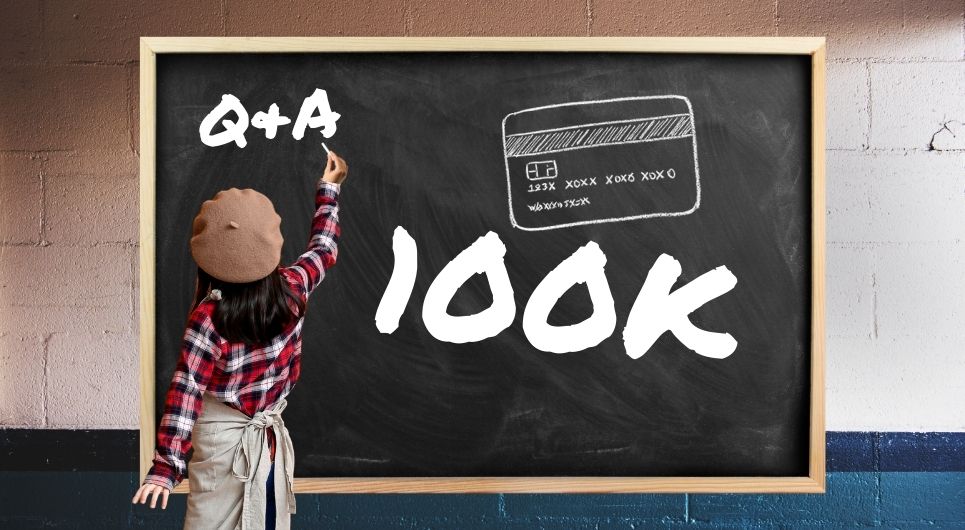




























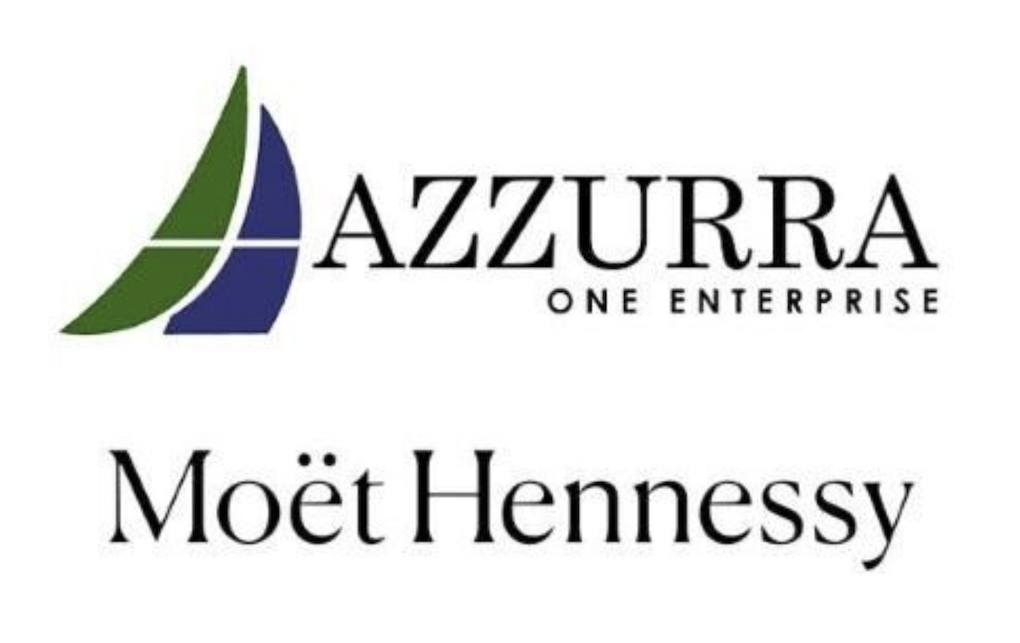























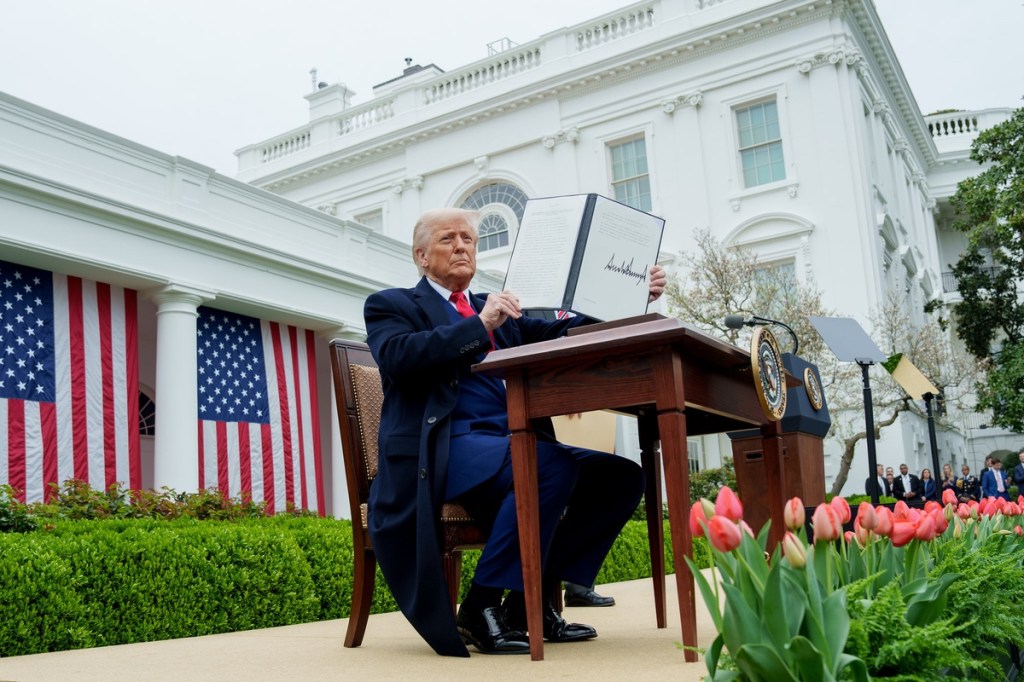




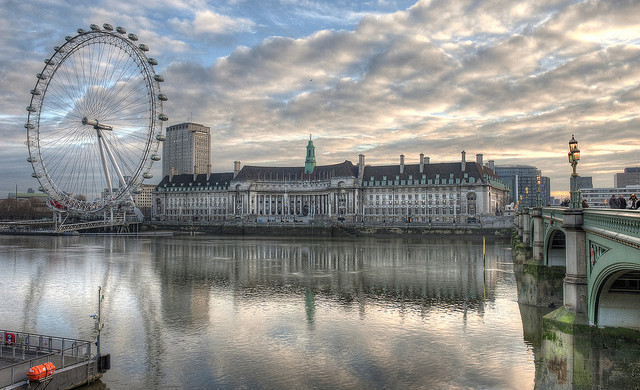



















![American Airlines Passenger Spotted Texting Women Saved as ‘Lovely Butt’ And Another, ‘Nice Rack’ [Roundup]](https://viewfromthewing.com/wp-content/uploads/2025/04/american-airlines-passenger-texting.jpg?#)






















-Nintendo-Switch-2-–-Overview-trailer-00-00-10.png?width=1920&height=1920&fit=bounds&quality=80&format=jpg&auto=webp#)








.png?#)




































































































































































































